
Hair loss can be frustrating and embarrassing, regardless of your age. It’s often something we’re willing to do almost anything to try and fix. That’s why we’re talking about foods that cause hair loss. Wouldn’t it be amazing if a few simple changes to your diet could reverse your hair loss?
Well… first things first. Research hasn’t shown a strong link between diet and hair loss – so particular foods aren’t going to suddenly and dramatically make your hair fall out. This also means that if your hair loss wasn’t caused by your diet, eating better isn’t likely to help.
Still, there’s certainly a link between some foods and increased hair loss. Let’s look at the possible culprits, how they can affect your hair, and what you can do to improve things.
P.S. Eating better is important anyway, as there are also foods that can lead to leg cramps, sinus problems and even heart palpitations. In contrast, a healthy diet tends to help you live better and longer.
Foods That Cause Hair Loss
Sugary Foods

The list of sugary foods is long. It includes many of our favorite treats, like candy, cakes, pastries, desserts, and ice cream, not to mention plenty of processed foods. Even some natural products are high in sugar, such as honey and fruit.
The biggest issue is a high sugar intake, as consuming too much sugar raises the risk of many health issues, like diabetes, heart disease, inflammation, and obesity. Increases in sugar can also have negative effects on your circulation, which may mean there isn’t enough blood getting to your hair follicles.
There may be other factors too, like changes to your hormone levels, autoimmune conditions, and inflammation.
The issue is particularly significant if you’ve been diagnosed with diabetes. But don’t let your guard down if you’re non-diabetic – sugar can still impact your hair too.
Oily Foods And Fried Foods

This category includes many of the foods we love and know we shouldn’t, like fried chicken, French fries, many types of fast food, and fatty meals like pork belly.
There are a few theories about why oily foods might be such an issue. One is that the oil in the food can lead to excess oil (called sebum), which then makes hair growth more difficult. This could mean you’re growing less hair or may even lead to direct hair loss.
The issue can be partly combated by using shampoo and conditioner targeted at a greasy scalp. Still, changing your diet can be even more powerful. This way you’re decreasing the oil production, rather than trying to remove the oil after the fact.
These foods may also contribute to low testosterone in men, leading to hair loss from that perspective. Finally, deep frying food often leads to AGEs. Consuming too many of these can easily lead to increased oxidative stress and inflammation, plus flow on negative health effects, including hair loss.
Nuts

Nuts are a little different to the previous entries, as they provide many health benefits. The problem here is allergies, as an allergic reaction to nuts can cause hair loss.
This isn’t an issue for many people. After all, if you’re strongly allergic to nuts, then you’re probably avoiding them. However, a slight sensitivity to nuts could still contribute to hair loss and isn’t enough of an issue for you to avoid nuts entirely.
This highlights the importance of paying close attention to your physical reactions. Even subtle symptoms, like a slight sore stomach, might be a sign of sensitivity.
Brazil Nuts

Brazil nuts deserve a special mention. These large nuts are often used for male sexual health, due to their high selenium content.
While this selenium is important, it’s also a double edged sword. Consuming too much of it can lead to health issues instead of benefits. Side effects to watch out for include nausea, irritability, fatigue, hair loss, and vomiting.
You only need two or three Brazil nuts per day to meet your selenium targets.
Refined Carbs

Refined carbs are carbohydrates that have been stripped of most of their fiber and nutrients, making them much less powerful for health. They’re in many of the foods we eat regularly, including sugary foods, heavily processed grain products, like white bread, and many cereals.
Refined carbs quickly spike your blood sugar levels, leading to many of the health issues we mentioned earlier. They can easily contribute to hair loss too, especially if you’re diabetic.
Plus, foods high in refined carbs often have other issues too, like being high in sugar or containing many additives. They tend to be a very poor choice for health, especially if you’re consuming a lot of them.
Dairy

Dairy is more complex than our previous entries – as it can have both positive and negative effects on your hair.
On the positive side, dairy contains various important nutrients, like vitamin B6, biotin, and vitamin A. The milk proteins and some of the fats could also be relevant for preventing hair loss.
Then there’s the fat content, acidity, and potential for allergic reactions to think about. These factors could all contribute to hair loss for some people.
The effect you see will likely be influenced by your sensitivity. Do you ever experience nausea or stomach cramps from dairy? If so, it probably isn’t good for your hair either. If you don’t have noticeable negative responses, then dairy might be a healthy choice.
High Mercury Fish

Fish is normally seen as a healthy ingredient, one that has countless benefits. Yet, there’s the ongoing issue of contaminants to think about – particularly mercury. Overdoing it with mercury can be seriously harmful and can even cause long-term damage.
Because of this, it’s worth being cautious with some types of fish, including swordfish, shark, ahi tuna, orange roughy, and king mackerel. But, that’s not the end of it.
You need to be cautious with your intake of lower mercury fish too, including salmon and canned tuna. Even here, you should stick with between two and three servings per week.
Some Sugar Free Foods

Processed sugar free foods often give you a similar flavor, sweetness, and texture to your favorite treats, while skipping the sugar entirely. The problem is that they achieve this by using alternative sweeteners and possibly other additives.
While these added ingredients often lead to delicious treats, they’re not great for health. Aspartame is particularly concerning and high consumption could lead to hair loss. While less is known about other sweeteners, they could easily lead to issues too.
Remember that most of these sweeteners are a pretty new part of our food supply. So, despite all the research, there’s a lot we don’t know about the effects of long-term consumption.
Highly Processed Foods

There are many processed foods out there and they’re not all horrible for your health. Some have even been through minimal processing, so they remain fairly nutritious.
The ones we’re concerned about are the heavily processed foods. You know the ones. These foods have been processed so much that they barely resemble the ingredients used to make them.
Foods like Twinkies, chicken nuggets, and many breakfast cereals are just a few examples. These often use additives to give them the desired color and texture. Some such foods look healthy at first glance (particularly plant-based meat) but still follow many of the same patterns.
These foods are often high in additives, with many also being packed with sugar and calories. So, it’s no wonder that they can contribute to hair loss. The issue is even more dramatic if you eat large amounts of processed food and not much else.
Selenium Rich Foods

We talked about Brazil nuts earlier in this list, as they are extremely high in selenium and too much selenium can lead to hair loss. However, Brazil nuts are just one example of a selenium rich food.
Organ meats tend to be high in selenium too, as do some types of fish, such as sardines and tuna. You’ll get some selenium from meat and eggs too, plus smaller amounts from bread and cereals.
Selenium from food isn’t something that most people need to worry about. But, it’s worth being cautious if you eat a large amount of meat and seafood, particularly if you also consume Brazil nuts regularly.
Vitamin A Rich Foods

Just like with selenium, too much vitamin A can lead to hair loss, partly because vitamin A is stored in fat and may accumulate over time. Thankfully, it’s fairly difficult to reach excessive vitamin A from your diet alone.
That said, eating a large number of vitamin A rich foods could push you over the edge. Liver is a particularly big culprit here, as are some other organ meats and cod liver oil.
In fact, a single serving of beef liver gives you more than 700% of your daily needs for vitamin A. That’s a lot and you’ll be getting vitamin A elsewhere as well.
Organ Meats

The risks of too much vitamin A and selenium highlight another type of food to be cautious with – organ meats. While these meats are highly nutritious, they can contain very high amounts of some nutrients.
The high levels become a problem if you’re eating large servings of organ meat or consume organ meats multiple times per week. Because of this, it’s worth being mindful of the amount you consume.
You could even research the specific organ meats you’re consuming (like beef liver), to see what their nutritional profile is and where they may be problematic.
Other Causes Of Hair Loss

The Foods You’re Not Eating
Sometimes your hair loss is most strongly related to the foods you’re not eating. In particular, being deficient in key vitamins or minerals can easily lead to hair loss. The same is true for protein and essential fatty acids.
This means that you shouldn’t just be decreasing your intake of problematic foods. You must also make sure you’re getting enough of the foods that really matter. This often includes getting plenty of fruits and vegetables, lean protein, legumes, and whole grains.
Don’t forget about biotin rich foods too, along with foods that can promote hair growth.
Genetics
Unfortunately, genetics remains one of the most common causes of hair loss. This most often presents as progressive hair loss with age for both men and women.
This form of hair loss often presents as a gradual thinning of hair on the top of the hair, a receding hairline, or the development of bald spots. There’s not much you can do about the genetic side of things, although avoiding problematic foods might slow down your hair loss.
Stress
Stress is a big underlying factor for hair thinning (and a variety of other health issues). This includes sudden and highly stressful events, along with chronic stress that lasts for weeks or months at a time.
The role of stress can be hard to spot, as it may take months for any hair loss to show up. A clue is that stress-related hair loss often involves your hair falling out in clumps, such as when you wash or comb your hair, rather than progressive thinning.
Thankfully, stress tends to have a temporary effect on your hair. Hair growth and thickness should return to normal a while after the stressful event has passed.
Heavily Restrictive Diets
Restrictive diets place considerable stress on our bodies, which makes them deeply problematic for your hair. Some such diets also mean that you’re not getting enough nutrients or calories, so your body has fewer resources to maintain a healthy head of hair.
Negative effects are likely to be strongest for diets that cut out entire food groups. If you’re going to follow such a diet, then you’ll need to plan carefully so that you still get all the nutrients you need.
Ways To Reduce Hair Loss
If your hair loss is related to genetics or aging, then there’s little that you can do. However, many other causes of hair loss can be remedied to some degree.
You’ve probably guessed the most important approaches from our discussions thus far.
The first is to focus on eating well. This includes decreasing your intake of fatty foods, fried foods, and processed foods, while focusing on whole foods instead. Doing so means that you’re getting plenty of nutrients and giving your body all it needs to function well.
This often means being very cautious with restrictive diets. While these diets might lead to weight loss, they often dramatically cut down your calorie or nutrient intake, which doesn’t help your hair at all. Finding ways to decrease stress is crucial too (even though that’s easier said than done). Doing so might involve cutting down some of your commitments, taking more time off for yourself, or reconsidering your priorities.


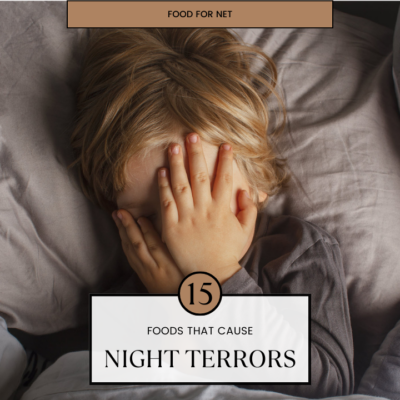



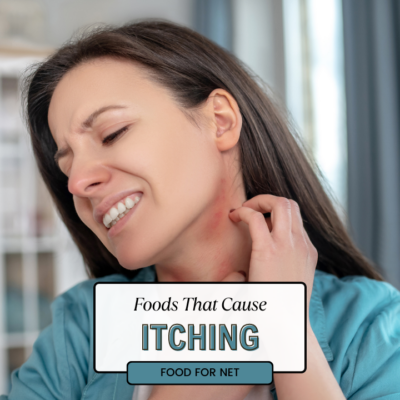
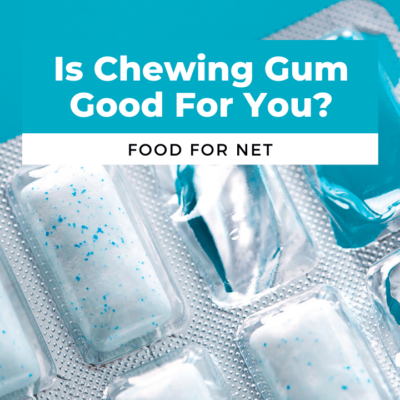
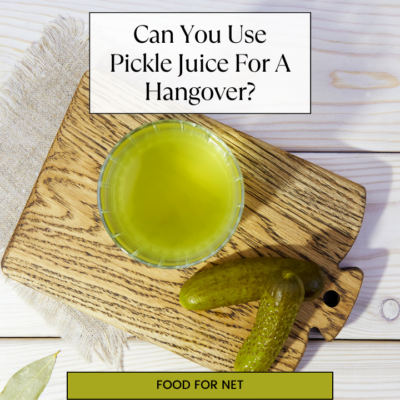



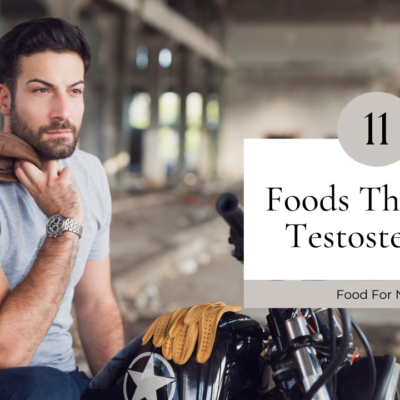
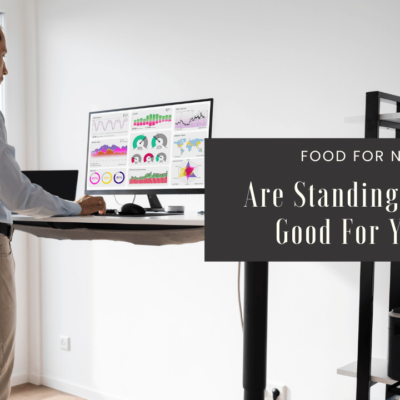

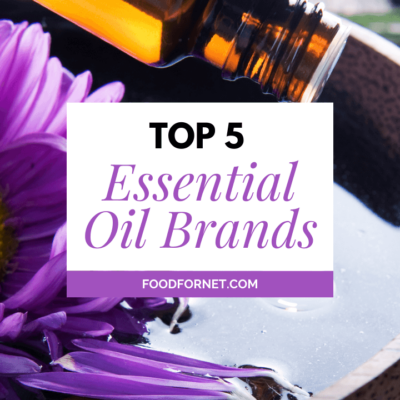
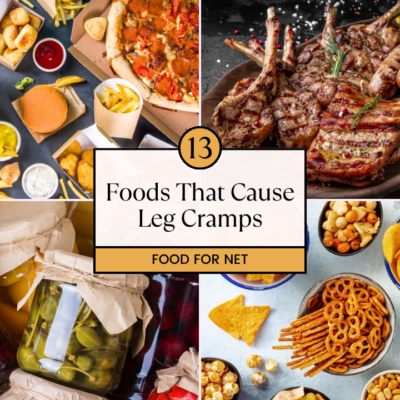
 Fermented Garlic Honey: Benefits, Uses, And More
Fermented Garlic Honey: Benefits, Uses, And More
Leave a Reply